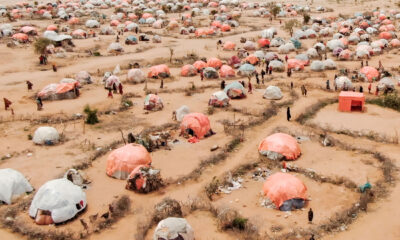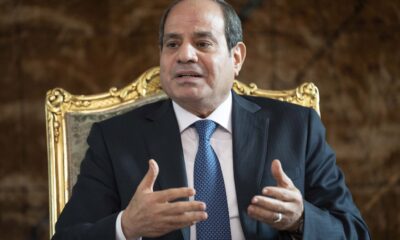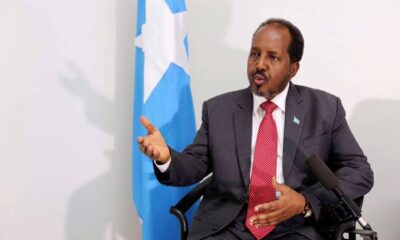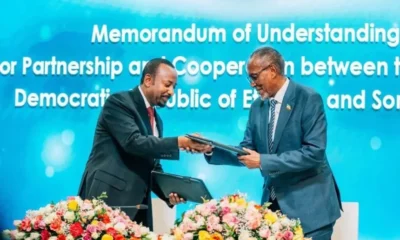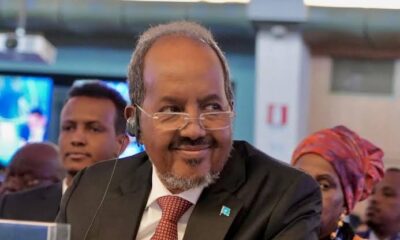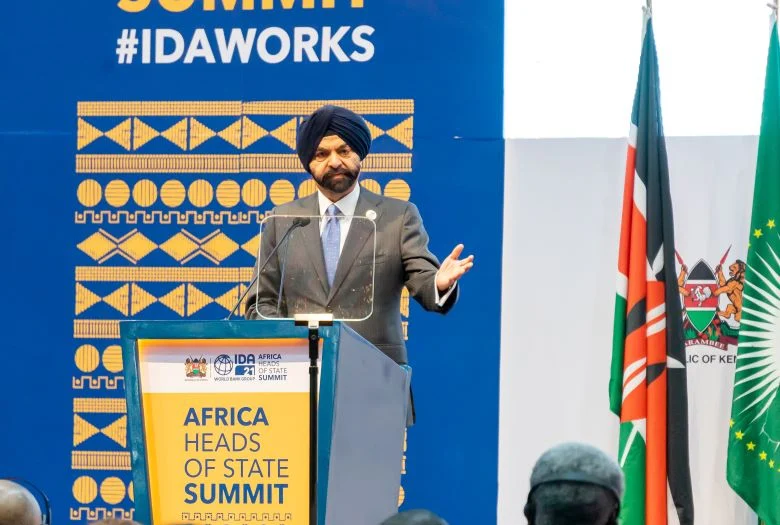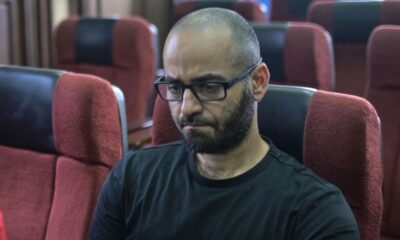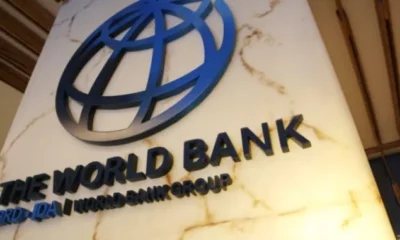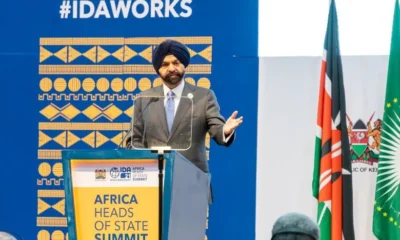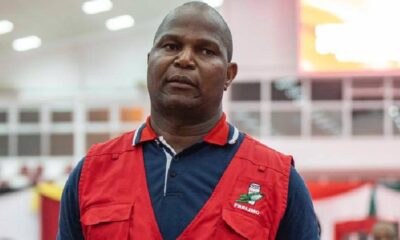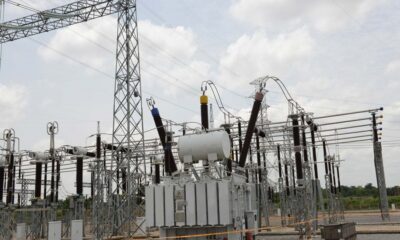Al-Shabaab, Somalia, terror, terrorists, Al-Qaeda, conflict, security, Islamic religion,
Somalia is at war with a cruel, global, and morally bankrupt terrorist group that we cannot allow to live and operate in our country. If we do not root out this evil and mindlessly violent group out of our society, they will destroy our future and that of the generations to come.
Enough is enough! This nightmare must finally end.
Al-Shabaab has made it their standard operating procedure to kill, maim, extort, and rob the Somali people of their hard-earned sources of livelihood and property. They remain the most existential threat to the gradually recovering Somali state. At this painfully difficult time of humanitarian and economic challenges, they continue to blow up water wells, forcefully take away people’s livestock and extort payment from struggling businesses that support families, individuals, and their communities. This group is cancer in our system, and we must respond with our collective might to challenge and defeat them once and for all. If we do not do this, Somalia’s future and the welfare of the coming generations will be bleak.
I am proud of the courage of our resilient communities across Somalia which have joined forces with their government security services to make a firm stand against Al-Shabaab and their abuse and subjugation of our people and nation. Our unified message is clear: we will no longer be bullied, humiliated, killed, or extorted. We will defend ourselves, our communities, and our country against international terrorists. Terrorism will have no friend or anywhere to call home in Somalia.
Hopeful
Since the fight against global terrorism began in Somalia in 2007, there has never been a time when I felt more hopeful about defeating Al-Shabaab than I am now. That is because, today, we are united, energised and determined to secure a better future for our nation. Somalia’s bright light of hope will not be darkened by terrorists any longer. We will progress and prosper together while the terrorists will, and must, be defeated and consigned to the dustbin of history.
To diminish and defeat Al-Shabaab, we have taken a whole government approach complemented by popular community support to counter the different pillars that enable Al-Shabaab. Our government sincerely acknowledges the importance of a comprehensive approach and unity of purpose.
Diminish Al-Shabaab threat
We believe robust interagency cooperation is vital for defeating Al-Shabaab which is why we have developed a comprehensive strategy to diminish the threat of Al-Shabaab and ultimately eradicate them. In the coming weeks and months, I assure you, our beloved citizens, that we will keep pursuing the enemy and recovering many crucial areas, and delivering humanitarian aid and development to liberated areas.
While the Somali government and our international partners have been actively engaging the violent Al-Qaeda-linked Al-Shabaab for some time, it is our people’s actions and ambitions today that re-invigorate our joint actions to defeat them.
Al-Shabaab will not be defeated by the gun alone. We must use military force, corrective ideological education, and starve them of their illicit financing. I reiterate my call to the Somali people to have faith in our collective efforts and to bravely resist cooperating with Al-Shabaab in any shape or form, regardless of the cost.
We must challenge Al-Shabaab on their fraudulent sabotage of our beautiful, peaceful Islamic religion. We, who love peace, are true Muslims. The blood-thirsty murdering terrorists cannot even comprehend the true meaning of Islam’s message of hope, peace, and progress for all humanity. Indeed, Allah SWT is the most merciful and makes it a duty upon us to be gracious and compassionate to others at all times.
Paid the ultimate price
Over the years, we have sadly lost many in the fight against Al-Shabaab. Many brave citizens and international partners have paid the ultimate price to protect our communities from the group’s evil actions. Today, as we take the fight to them, they seek to deter us with their last-ditch efforts of cowardly violence and threats against innocent people, their property, and their livelihoods. We will not be prevented by these actions but will re-double our courageous efforts and continue marching forward to end this misery and progress steadily to sustainable development.
The reality is that we cannot focus on achieving sustainable development by addressing our urgent socio-economic and political reforms if the violence of Al-Shabaab constantly disrupts us. Al-Shabaab does not care about Islam or Somalia’s progress or development. They want to destroy our future for their criminal benefit. We can never allow them to succeed.
Therefore, it is the responsibility of every Somali citizen to continue doing all they can to counter Al-Shabaab’s criminality and evil actions in their communities alongside their government. I am confident, if we do this effectively, we will be victorious insha Allah.
H.E. Hassan Sheikh Mohamud is the President of the Federal Republic of Somalia: Twitter: @HassanSMohamud, Facebook: www.facebook.com/HassanSheikhMahmud
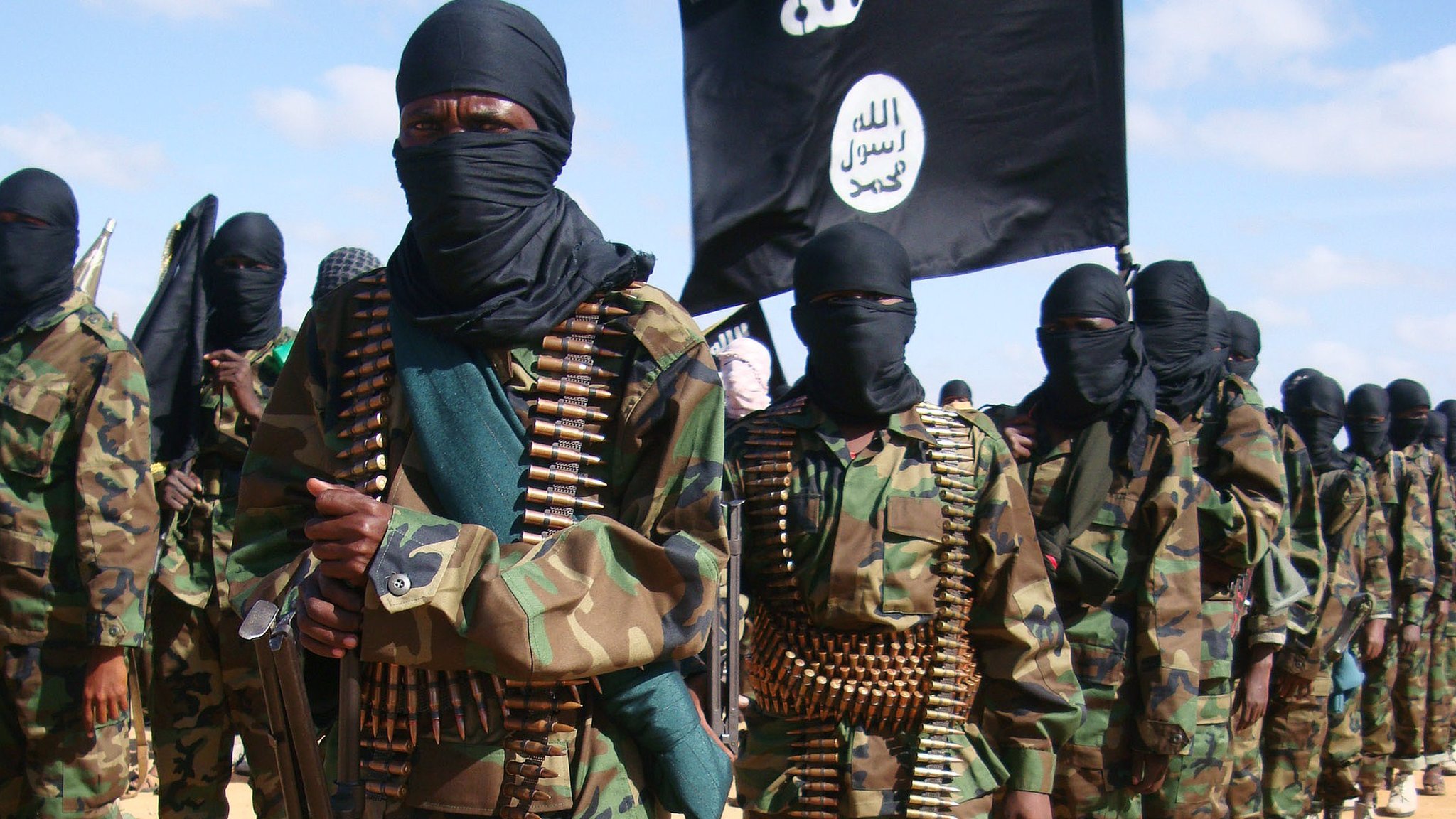

 Sports2 days ago
Sports2 days ago
 Metro2 days ago
Metro2 days ago
 Metro22 hours ago
Metro22 hours ago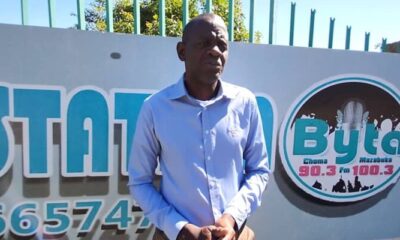
 Metro2 days ago
Metro2 days ago

